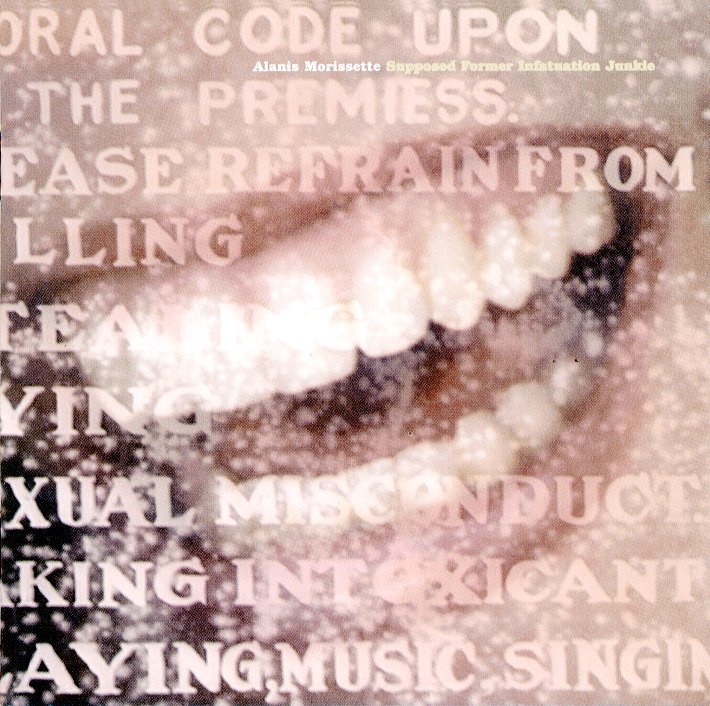
I killed time by walking as though boredom is a bomb waiting to go off
once motion stops.
I began with short forays, circles around neighbourhoods with the
spirals outward growing gradually. You could be utterly ignorant of
history and still wonder through timeless unfamiliarity, overcome by the
senses – Albert would’ve had to page through a myriad of history books
and start each jaunt knowing precisely where he planned on ending up
simply because that’s how he went about travelling. But I was content
to move in a dreamlike sequence, imagining history without the facts,
piecing it together from the stories I imagined overhearing,
conversations I couldn’t understand in family-run cafés, butchers,
cheese mongers and tobacconist shops.
Infatuation has a way of weaving its way into every moment, every sight
and sound, every impression and no matter how far I walked, I was
dreaming in this web about a future with Anastasia spent here – that I
barely knew her or her habits made little difference as I tiled together
a mosaic of future moments walking those same streets, the moments and
sights and experiences conjured up from an imaginary future with no
basis in reality, no matter the wishing or dreaming it were already so.
I tried to rationalise that this was simply a temporal experience,
following temptation, morsels of Anastasia left like crumbs throughout
the day to nibble on. I knew at the bottom of the barrel there would
nothing left eventually – in love we are like little lab rats doing the
predictable in order to enforce the norm.
There was only walking and dreaming and when once noon had come and gone
I knew it would be time to head back to her flat, that she’d already be
awake, drawn gradually back to consciousness by coffee with a tiny shot
of anisette.
And when I returned, there was no cause for further dreaming because
there I was, living the very dream I’d been walking through – a punctual
kiss and back to the business of waking for already I was learning that
nothing could be forced upon her and it was better still to leave the
hints and suggestions to her lest those dreams start leaking from my
head out of my mouth and into her ears and the entire hideous charade
was exposed.




